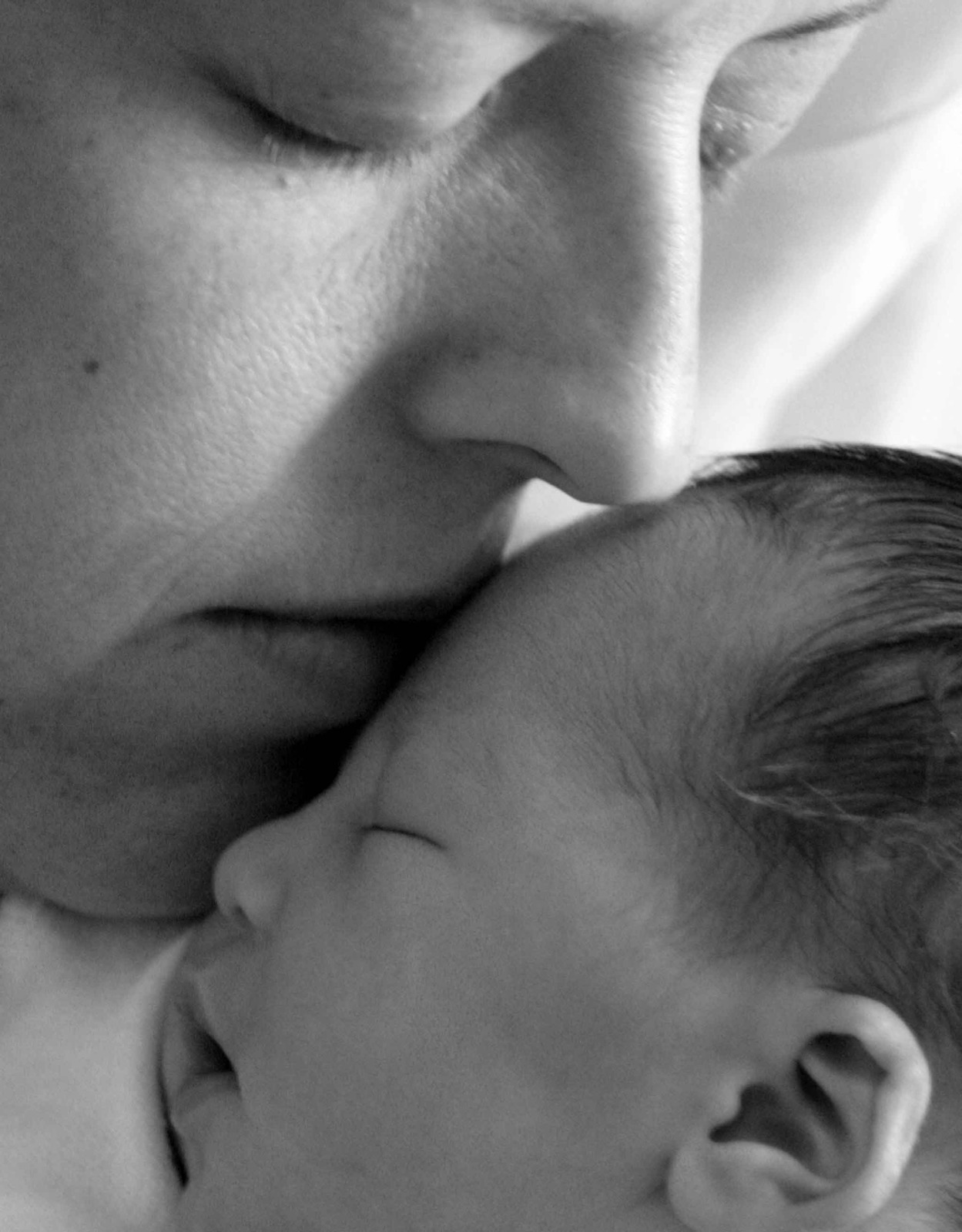Postpartum psychosis is the most severe form of postpartum psychiatric illness. It is a rare event, affecting about 1 out of every 1000 births. Postpartum psychosis occurs most frequently in first-time mothers, typically within the first two weeks after delivery. Symptoms are typically severe and represent an affective episode: mania, depression, or a mixed state. Because psychotic symptoms occur within the context of affective instability, postpartum psychosis is considered to be a bipolar-spectrum mood disorder and not a primary psychotic disorder. Follow-up studies indicate that most women with postpartum psychosis have a history of, or will go on to have, non-puerperal mood episodes. However, there is a smaller subset of women with postpartum psychosis who have episodes of affective illness only during the postpartum period.
Clinicians have frequently observed that postpartum psychosis may present somewhat differently than classical bipolar illness, in that postpartum episodes may present with delirium-like symptoms, including disorientation, misrecognition of people, derealization, and depersonalization. This observation has led some to speculate that certain cases of postpartum psychosis may have organic causes. Studies in other populations have suggested the possibility that some patients with first-onset severe psychiatric episodes might actually have an undiagnosed autoimmune encephalitis. For example, several studies have identified an anti-N-methyl-d-aspartate (NMDA) receptor antibodies directed against a subunit of the NMDA receptor in young patients with first-onset psychiatric symptoms.
Significant immunological alterations have been observed in women with first-onset postpartum psychosis. In addition, women with postpartum psychosis have significantly elevated rates of autoimmune thyroiditis and pre-eclampsia; both of these conditions are thought to have autoimmune etiologies. Guided by these findings, researchers screened for CNS antibodies in a large cohort of patients with postpartum psychosis and a matched group of healthy postpartum subjects. This study included 96 women with postpartum psychosis and 64 healthy postpartum women.
Four of the patients (4%) with postpartum psychosis had antibodies which reacted with CNS tissue. Two of those patients had anti-NMDA receptor antibodies. While this is clearly a small subset of patients with auto-antibodies, it must be emphasized that none of the matched postpartum comparison subjects had confirmed neuronal antibodies.
This is an interesting finding and may ultimately change how we identify and treat certain cases of postpartum psychosis. Based on these findings, the authors conclude that patients who present acutely with psychosis during the postpartum period should be systematically screened for anti-NMDA receptor autoantibodies.
This recommendation seems somewhat premature. This is a finding which occurs in only a handful of women, and most importantly it is unclear if a positive screen would change how we manage the illness. In this report, none of the patients received immunotherapy, the standard treatment for anti-NMDA receptor encephalitis. The symptoms resolved in all of the antibody-positive women who received standard treatment for postpartum psychosis, usually lithium and/or anti-psychotic agents.
Ruta Nonacs, MD PhD
Bergink V, Armangue T, Titulaer MJ, Markx S, Dalmau J, Kushner SA. Autoimmune Encephalitis in Postpartum Psychosis. Am J Psychiatry. 2015 Jul 17. [Epub ahead of print]
Bergink V, Burgerhout KM, Weigelt K, et al: Immune system dysregulation in first-onset postpartum psychosis. Biol Psychiatry 2013; 73:1000–1007.
Clinical experience and laboratory investigations in patients with anti-NMDAR encephalitis.








Leave A Comment